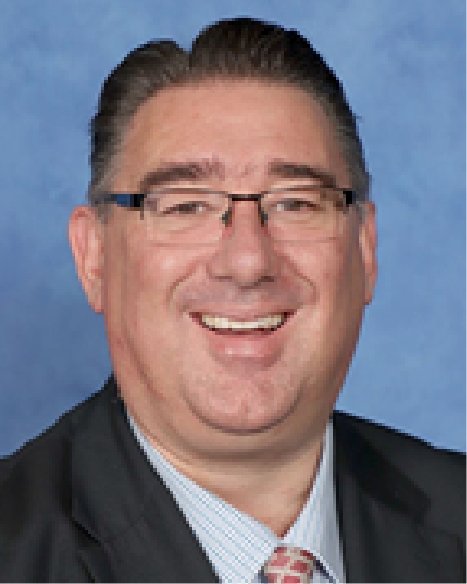Barker Journey
The Barker Junior School Journey: Reporting on Years 3-6 from 2019-2022
The Barker Journey longitudinal study has now completed its fourth year. The subjects of the study are a group of students who celebrated the conclusion of their primary schooling in 2022. Detailed results reporting on the first four years have recently been shared.
The significance of this milestone was underlined by the current Barker Journey cohort also being the first fully coeducational primary school year group to progress through Year 3-6 at Barker. This article presents an overview of the primary school phase of the Barker Journey project, 2019-2022. In so doing, it presents a longitudinal perspective on learning, teaching, and schooling that is distinctly student-based. These students are part of the generation labelled “Generation Alpha” and their narratives about how they have experienced going to school in the 21st century have provided valuable insights that deserve the attention of teacher and educational leader alike. The article provides a complementary analysis to the annually published articles that focus on student perspectives year-by-year. It explores the four- year development of five topics for investigation described in the methodology of the 2019 article – values, relationships, resilience, coeducation, and aspirations – and conveys its findings with an emphasis on the concepts of continuity and change as well as lessons and provocations for educators to consider.

Various research questions guided the process, centering around schooling in the 21st century with data collection focused on listening to student voice. The data consisted of annual interviews of a key group of 30 representative students, supplemented by whole cohort group interviews of all students in Year 3, and a survey of all students in Year 6.

Four years of research can be summarised into 20 key findings, as presented in the table below. These findings are in relation to the five themes identified as the outset of the project in 2019 including values, relationships, resilience, coeducation and aspirations. These findings are being presented to the Barker College and national and international research communities trough various events in 2023. Each finding is explored and justified in the publication in the 2022 Barker Institute Journal, Learning in Practice.

While this report serves an an important milestone (the culmination of the Barker Junior School Journey), the Journey and therefore the research is by no means complete. The project continues with the Year 7 cohort of 2023, now incorporating a whole group of students new to Barker College who are commencing their Journey through the Barker College Secondary School. We look forward to hearing these students voices, and sharing their stories, to continue to understand the needs, and achievements, of schooling in the third decade of the 21st century.
The full report can be downloaded here: The Barker Junior School Journey Report on Year 3-6 from 2019-2022


Dr Matthew Hill
Dr Matthew Hill is the Director of The Barker Institute with a focus on professional learning, research, and innovation in the school. He teaches Physics and the new Science Extension course at the School which introduces students to scientific academic research. Matthew's doctorate reflects his passion for science education focussing on Representational Fluency amongst physics students at school and university. He has published in leadership, education, and science journals and been involved in course development and teaching at The University of Sydney and The University of Western Sydney. He has also completed a Graduate Diploma in Divinity at Ridley College in Melbourne.

Dr Timothy Scott
Tim has held leadership roles in schools across Australia and abroad for 25 years, alongside teaching History and Modern Languages. His research focuses on intercultural learning and pedagogical translanguaging, refugee education, and student voice in improving educational practice. He is a lead researcher for the Barker Institute’s ongoing decade-long longitudinal study, The Barker Journey. Alongside his research work, Tim currently teaches History and IGCSE Global Perspectives. His PhD examined socio-political influences on contemporary German conceptions of history and archaeology.







